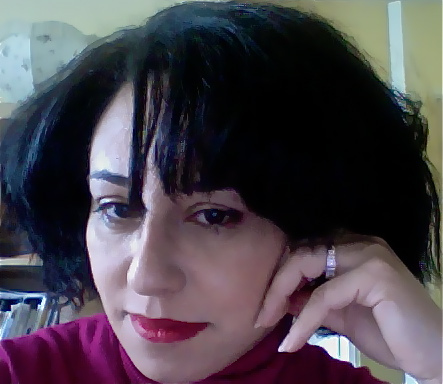Police have arrested Essam Derbala, chair of renowned Islamist group Al-Jamaa Al-Islamiya’s Shura Council in Qena governorate Wednesday, following an arrest warrant issued by State Security authorities.
Derbala’s house was searched and some documents were taken by the police for examination, while he is set to face interrogations, officials said Wednesday.
Derbala was allegedly on his way to escape to Sudan. He is facing terrorism charges for a series of events at Rabaa Al-Adaweya Square and operations against the army in Al-Arish in North Sinai, state-owned newspaper Al-Ahram reported.
Derbala’s colleague and ally Tarek EL-Zomor reacted to the news by stating that the arrest is an “alarming escalation of events”. It is a “miscalculated move from those who claim peace”, he wrote on his official Twitter account.
El-Zomor was only released from prison in 2012, where he had been held since a 1984 conviction for his role in the assassination of late president Anwar El-Sadat. He is also the leader of the Islamist Building and Development Party, considered Al-Jamaa Al-Islamiya’s political arm.
The party, like other Islamist and Muslim Brotherhood affiliated political parties, has faced a crackdown since the ouster of former president Mohamed Morsi in 2013. Derbala was also involved in the pro-Morsi Anti-Coup Alliance.
The alliance’s popularity has been on the decline since 2013, since most of its members have been arrested under the new regime. In addition, political parties withdrew from the alliance in 2014, such as Islamist parties the Al-Watan, Al-Wasat and Istiqlal parties.
The dissidents’ commonly-stated argument for withdrawing was “their desire to work outside the alliance’s framework”, and focusing on restoring “Islamic identity” rather than committing to the alliance. According to most political interpretations, they wished to remain in the political scene and try to re-integrate their parties.
Nonetheless, the leadership under Derbala maintained that the political party was committed to the alliance in its opposition to the state. The Building and Development Party faced lawsuits demanding its dissolution, because it was illegally based on religious grounds.
In 2014, Derbala defended the party by denying any ties between the political entity and Al-Jamaa Al-Islamiya. Derbala added that dissolving and mobilising against Islamist parties, while permitting secular and communist parties, “might be considered by some as a proof that the state is against Islam”. The moves will result in the rise of ideological confrontation and Takfiri ideas.
Rabie Shalaby, a member of the Islamist group, stated in an interview in on 4 May that internal dissatisfaction with Derbala’s policies had increased to the point of demanding the withdrawal of trust from the leader. The disputes were caused by other members, who argued that it was better for the group to withdraw from the alliance.
Since the removal of Morsi up to today, the alliance continues to call for protests. It has widely endorsed Students Against the Coup (SAC) riots, which often turned extremely violent in 2013 and at the beginning of 2014.
On the other hand, Islamist political parties do not have the same significance they once had under Morsi, with the possible exception of the Al-Nour Salafi Party, which broke its alliance with the Muslim Brotherhood and supported current president Abdel Fattah Al-Sisi and the post-30 June state.


